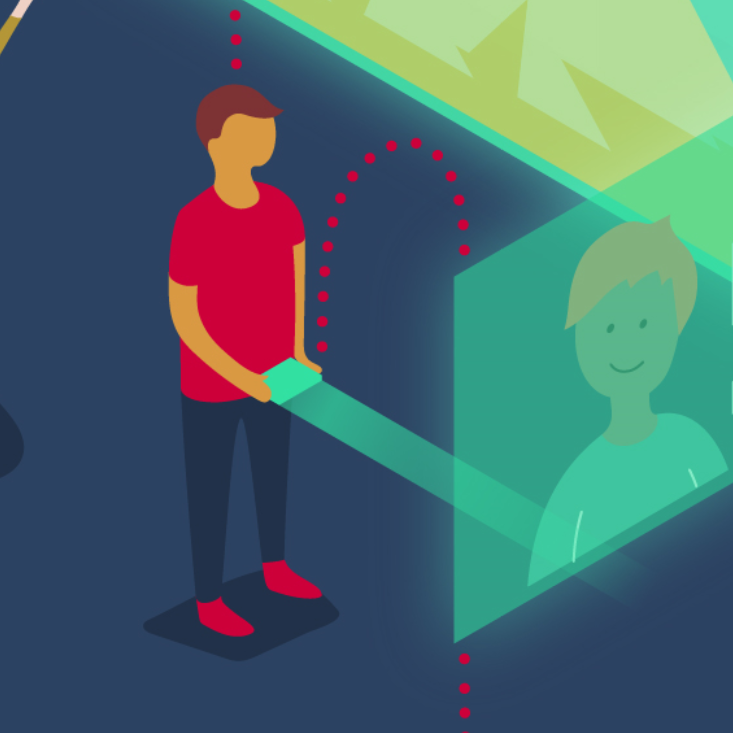
Digital identities should make everyday life in the digital education space more secure but also support it. Support means that digital identities ensure mobility within and between different levels of education. They enable lifelong learning, and access to and control over personal educational identities and data throughout the entire educational journey. However, digital identities should also preserve the right to digital self-determination wherever possible. In addition, digital identities must of course be user-friendly.
Within the context of identity management, the focus lies on different models of digital identities which in one form or the other are relevant to the education system. However, depending on the model, different challenges arise in terms of security, mobility, digital self-determination, and user-friendliness.
These models position themselves between two extremes. With fully centralized identities, users often have only limited control over their own data. However, with decentralized identities, users have full control, but also have to assume full responsibility. In the middle ground are the so-called federated identites, which offer a balance between control, security, and mobility.
Edulog — The digital key for education
Edulog is an example of a federated identity model of Swiss educational practice. Since 2020, the federation has provided pupils, teachers and administrators in compulsory and higher secondary education with a centralised, pseudonymised access to learning platforms, cloud services, teaching materials and apps, without the need for multiple logins. With Edulog, users create a unique pseudonym that they use to access all connected online services. Cantons, municipalities, or schools act as service providers and issue the identities. Service providers enable access to their services via Edulog.
Edulog is a fundamental measure in the digitization strategy of the Swiss Conference of Cantonal Ministers of Education (EDK). The specialist agency Educa runs the Edulog office.